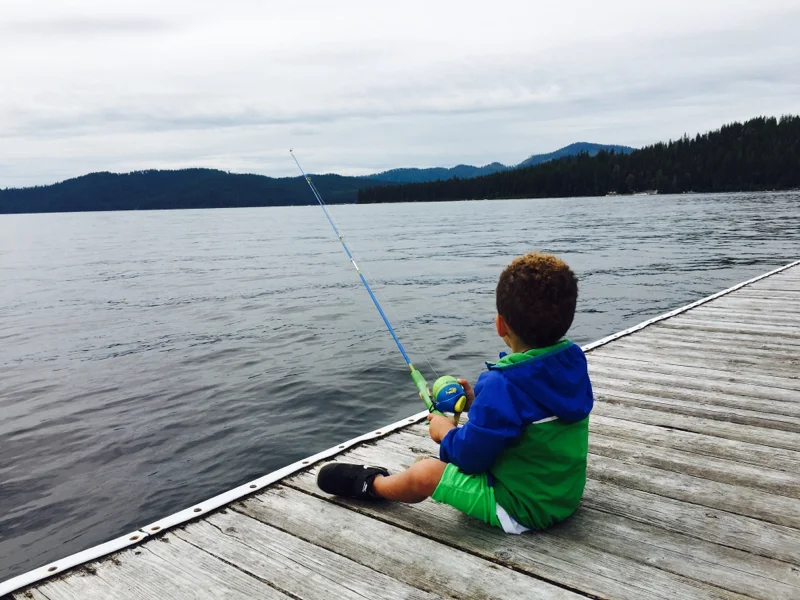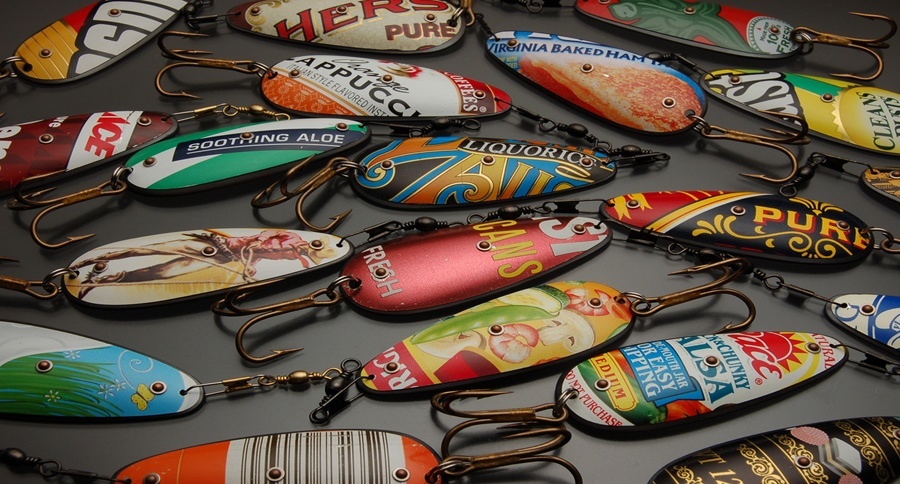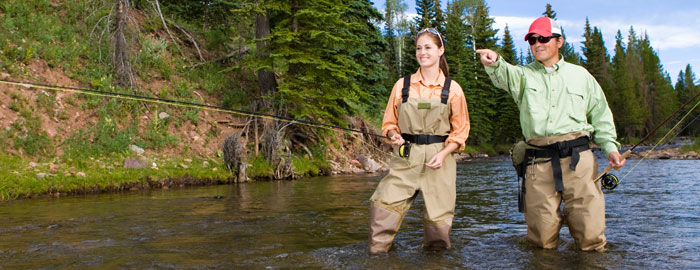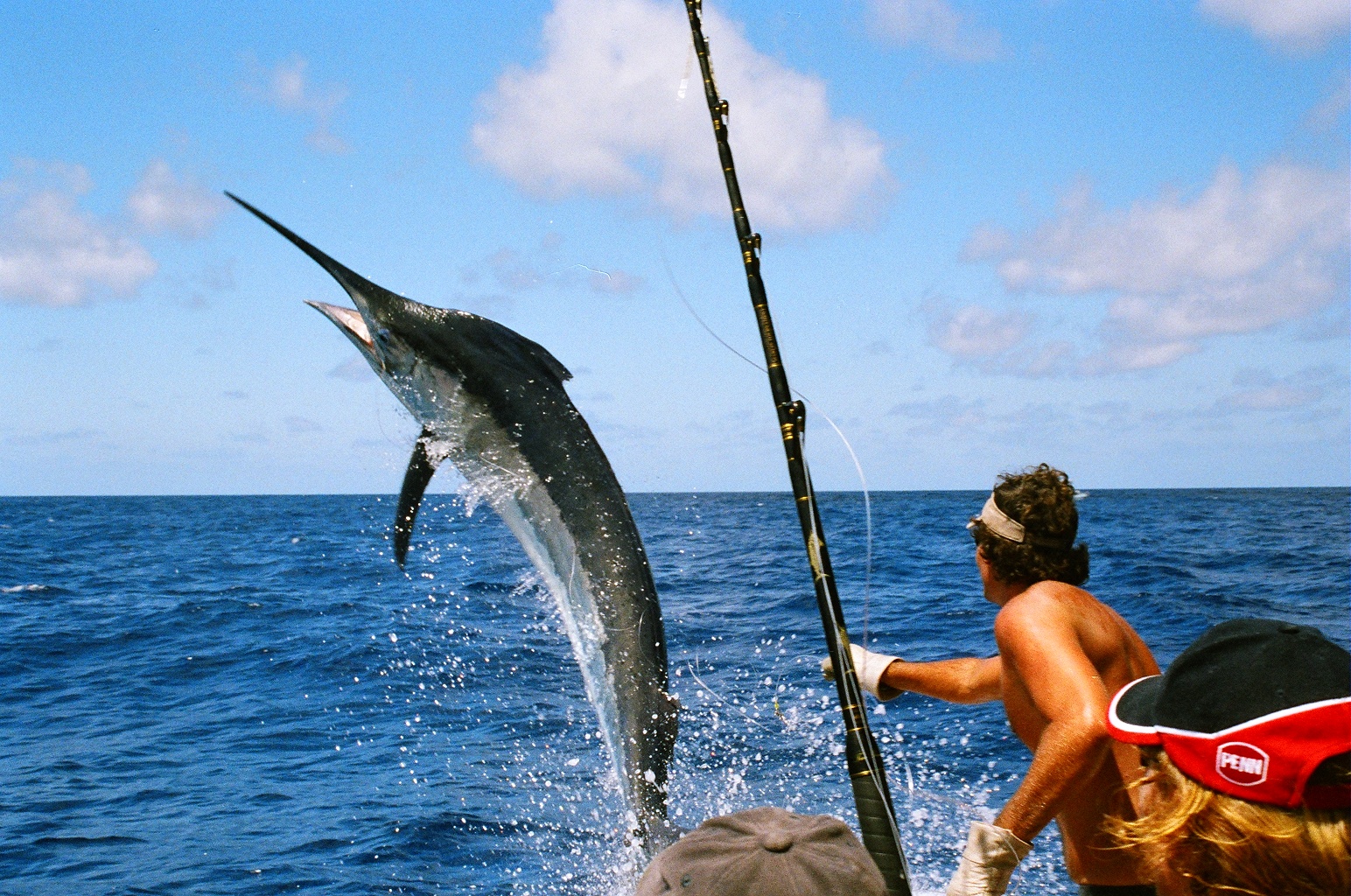Paul Corbin came to Alaska many years ago to commercially fish for salmon. The lifestyle suited him and he had many boats, caught many fish, raised a family and maintained a wilderness homestead in a remote area of southeast Alaska that would become Lisianski Inlet Lodge. Here is his story, enjoy!
I looked back at Klalachef Island and Salisbury Sound as the boat chugged it's way in a westward direction alongside Chichagof Island. This morning the ocean was pretty good with hardly any wind about, bringing with it only a medium swell from the southwest. The sky was blue and the morning sun was out and I could feel the excitement building in me at the prospect of seeing some new country. To the west in the distance, I could see the Fairweather Mountains. Goodbye, Sitka! I'll be back, but for now I'm heading west for the summer to fish for the salmon. I felt free and my little boat was taking me to a new adventure. Everything I owned was aboard the boat. In fact, the boat was my home. It wasn't much but it did have a small cook stove in it and for my bed, I slept up in a little cubby hole under the foredeck. I had no idea where I would end up for the night. It didn't really matter, I'd go until it got dark and then continue the next day to somewhere, but where? The sun was getting ready to set in the west when I came abreast of Cross Sound. I had heard on the radio about a place called Elfin Cove located in the Cross Sound area that had fuel for sale and I certainly needed some gasoline. My boat only had a twenty five gallon tank and it was about dry. Turning the boat into the sound, I headed in the direction of the cove. Little did I know that my boat was taking me to a magical world far different from where I came from.
Ole Jock was doing it again! He loved his whiskey and once in awhile, he would take a nip or two. It wouldn't be long and Jock would be doing a Scottish jig on the dock. He was good and was a true Highlander. The dance was the real deal from the old country and we all enjoyed watching him perform. It was late afternoon, after the tide had turned and the planks on the dock were still warm from the afternoon sun. Just right for painting some fishing spoons. The silvers were running through the passes and having the right colored spoon was important, if you were to catch your fair share. Everybody in those days painted their own spoons. There were no prepainted spoons for sale at the general store; just a flat white, bronze or copper. We had our little jars of paint which held secret, fish catching, magical colors in them. Some of the fishermen painted their fishing spoons yellow with a fire engine red stripe located in the cup end of the lure. There were orange colored spoons with green dots on them. Each fisherman showed his true artistic self, carefully creating the perfect colored fishing spoon which was supposed to be the cat’s meow for catching fish. I spread some old newspaper out on the dock and lay the fishing spoons side by side on the paper. Very carefully, I would paint each spoon and then let the new paint dry on them. At times it seemed that one would be out on an art walk going to or from the boat. There were mostly yellow and orange fishing spoons but you would see other colors too. Blue and green, half and half spoons or red dots. They all seemed to work.
There was much to learn when fishing the Cross Sound area. The North and South Indian passes could be tricky with strong currrents and whirlpools, producing miles of kelp islands and an occasional iceberg from Glacier Bay. Our little fishing boats were no match for the tidal currents and if you weren't careful, you could be swept away like a fly being flushed down a toilet. One quickly learned how to fish certain drags depending on the tide, ebb or flood. The summer months of July and August seemed to go on and on. At least it did for me. Early morning would find me heading out with the Black Jack for Three Hill Island or North Pass. Sometimes, I would take a look see at Idaho Inlet. The time you spent fishing a certain area depended on the tide. When fishing Three Hill Island, it was basically a flood tide show. When the tide changed, most of the boats would head back to the harbor to sell their day's catch, tie up the boat and go get something to eat at Agnes'. It all sounds pretty laid back by today's standards but it wasn't really. By the time you got through fighting a flood tide for six or seven hours and unloading maybe two hundred plus silvers on the fish scow, you would be ready to have some dinner and go to bed. Each day was pretty much the same for me.
Uncle Roy is what we called him. Uncle Roy had the troller the Sandy Andy and was a good fisherman. He had a cabin up at the end of the bay and could play a pretty mean guitar. He could sing too. It was always fun to listen to him playing the guitar and singing, and sometimes on those summer evenings we would sit around a bonfire out on the beach and sing songs. It was a peaceful place to be for me. There were a lot of good people there like Ole Gus and Lovin' Henry along with Crazy Ray and Jock. There was, of course, Agnes and Hazel and so many other characters who lived in the Cove full time. This was a time before the fishing lodges came. It was also a time before the hippies came, but come they did. The hippies are comin'!! The great wave came along with the drugs and attitudes. The young and not so young bringing with them a new language with every other word the F word. Their young women would spawn on the beaches and live in teepees. Things were going to change, by god! They did change but not in the way everyone thought. Most of them in time would change into modern day yuppies with big boats and be good fishermen. They just didn't know it yet! The newcomers could not in the end change Alaska. Alaska changed them!
The tide would carry me out quickly to the outside of Yakobi Island this morning. The ocean was glassy calm and looking out towards Cape Spencer, I could see several icebergs grinding their way along the distant shoreline, moving with the current. I breathed in the fresh sea air and felt the morning sun on my arms and hands. It was time to put the fishing gear in the water. First the deep lines and then the floats. Finally, the gear was all in. Time for a cup of coffee and then wait and see. Would there be any fish? I listened to the engine running and could hear an occasional seagull crying while diving into the ocean for a herring. Even if I didn't get a fish, it was going to be a beautiful day. I was free and could go any direction I wanted to go on the compass rose. Suddenly, one of the deep lines started to tug and yard back. FISH ON !! I waited and then all the fishing lines started pulling back. Guess it’s time to go to work, I thought. The ocean water was crystal clear and as the trolling line came in, I could see down at least four or five fishing lures. Each spoon had a fish on it!! One after another they came. One beautiful silver after another. This is what I was meant to do, at least for now. I looked up, the icebergs had moved almost out of Cross Sound and in to the ocean. It was very late when I pulled the gear and started running into Bingham Cove where a fish packer was waiting to buy fish. It would be good to get the fish unloaded and get my little boat anchored up for the night. I was pretty hungry as I hadn't anything to eat all day. Not even a peanut butter sandwich! After unloading my catch for the day on the packer, I moved over next to a kelp patch and dropped the anchor. A sea otter peeked at me from out of the kelp leaves as if to welcome me to this quiet place. Once the boat engine was turned off, all I could hear was the quiet murmur of the ocean swell rising and falling on the rocky shoreline of the cove. It was time to heat something up on the stove. Coffee and cigarettes were okay all day but a man needed something to eat too. Brown beans were the order for the day with some bread with lots of butter on it. A good healthy meal for a tired fisherman.
P.S. Icebergs were quite commonly seen in the early sixties. Mostly, I think they came out of Glacier Bay at that time. I remember the first time I saw them. At first, I thought they were big cruise ships. They were beautiful drifting along in the blue and green ocean waters with the fairweather mountains in the background.
Paul Corbin





















